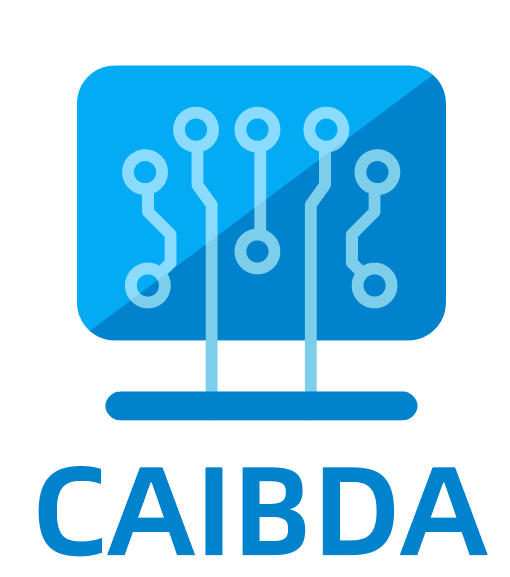
Biography:
Professor M-Tahar Kechadi was awarded PhD and MSc degrees - in Computer Science from the University of Lille 1, France. He is currently a Professor of Computer Science at the School of Computer Science, UCD. He is a PI at the Insight Centre for Data Analytics. He serves on the scientific committees for a number of international conferences and he organised and hosted one of the leading conferences in his area. The core and central focus of his research for the last decade is how to manage and analyse data quickly and efficiently. Nowadays we live in the digital world, we produce more data than we can analyse and exploit. This “big data” will continue to grow at a rapid pace, will underpin new waves of innovation in nearly every sector of the world economy, and will reshape the way we build and use computers (hardware and software). Currently, my research interests are primarily in
· Big Data Analytics and its applications to real-world applications.
· Big Data Applications: Digital Healthcare and digital agriculture.
· Distributed Mining techniques and models and their execution environments and applications.
· Digital Forensics and cybersecurity.
Speech title: Smart Agriculture — Application of Machine Learning to Crop Management
Abstract:
Data is becoming the new currency in agriculture, as all the stakeholders (farmers, agronomists, …) are constantly looking for ways of better managing factors outside their control, such as extreme weather conditions, diseases, commodity prices, etc. Historical data can certainly provide very useful insights about these exogenous factors and therefore farmers can deal with unexpected events, and optimise their farming operations and production.
From the data collection point of view, agricultural data can be classified into three main categories depending on the sources. The first category is the historical data collected by the farmers about their fields. This data includes field maps, elevation and contour maps, weather (temperature, rainfall, …) tables, soil conditions, pests, diseases, etc. The second category refers to the data collected about specific crop production, such as soil classification maps, chemical and fertiliser application, historic crop and variety in use, harvest monitoring data, yield performance, etc. This category of data is usually collected by agronomists using some advanced equipment. The third category refers to environmental data, including broader geographic zones rather than a specific farm. This data is usually collected by services operating at the country level, which are often controlled by government agencies. These are gathered by satellites, large weather data centres, and government statistics agencies (information about crop yield performance of regions, …).
The main reason for discussing these categories here is that the agriculture industry in the last two decades focussed mostly on the last two categories of data, paying much less attention to historical data about management and observation of farmed fields. In this presentation, we will discuss the benefits and challenges of agricultural data analytics, and how to efficiently analyse these categories of datasets.